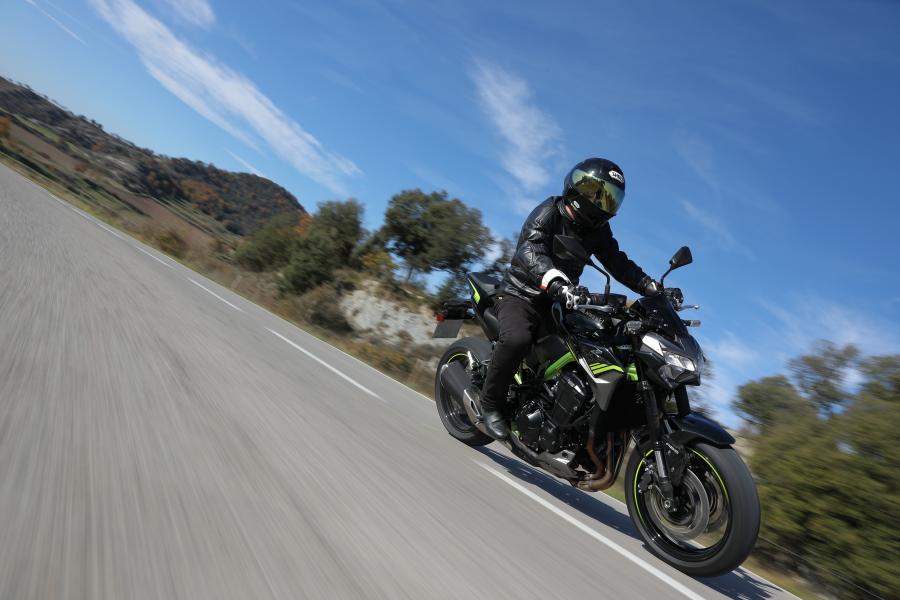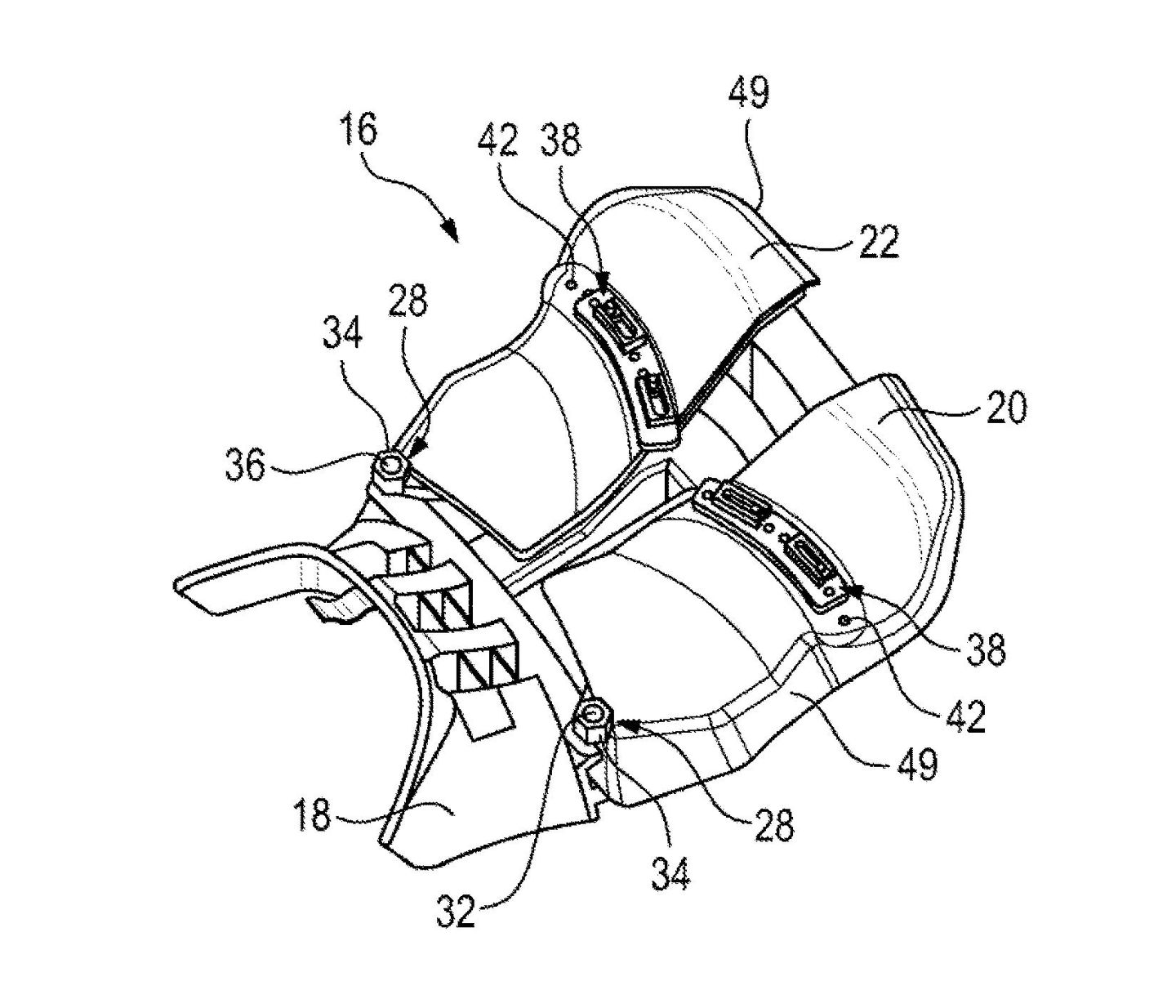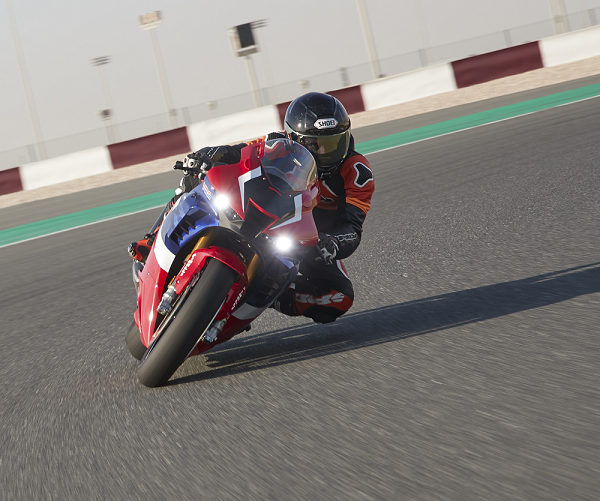Bournemouth study finds drivers and riders see differently
A study carried out by Bournemouth University has found that drivers and riders see ‘different things’ while out on the road

A road safety study headed up by a team at Bournemouth University has found that drivers and riders on the road have very different visual perceptions of what is going on around them.
In real terms, the study has found that motorcyclists see (or possibly are looking for) completely different things when compared to their four-wheeled counterparts.
The project was led by PhD researcher Shel Silva, who assessed the neurological and cognitive influences of motorcyclists and car drivers. It found that road users would see larger objects on the road, lorries, buses, and so on, as a greater threat than smaller objects – motorcycles and other vulnerable road users for instance. Silva also found that a motorcyclist’s identification, perception, and knowledge of potential risks would change depending on their motorcycling qualifications and experience.

To complete the study, Silva used eye-tracking and interviews using grounded theory to investigate the causes of collisions. It uncovered that motorcycle rider can be masked by a natural blind spot in the human eye. And that a driver’s brain can experience saccadic masking (when the brain fills in the information when moving the eyes from one point to another), potentially causing a motorcyclist to be obscured from view.
One way of making yourself more visible on the road is to assert your position at junctions, by moving the motorcycle prior to making a turn for instance. Shifting the bike from the center of the lane to (nearer the white line) prior to turning. Silva concludes that this movement can trigger a visual orienting response in other road users, consequently drawing their attention to you.
.jpg?width=1600)
Speaking of the study, Silva said:
“The research is suggesting that by understanding motorcyclists’ knowledge and identification of risks it is possible to better inform training and materials which appeal to motorcyclists. It is key to understand that motorcyclists do not need training about how to ride a motorcycle but would benefit from more skills regarding how to read the road and other road users.
“I know friends and people who have died or suffered life-changing injuries after being in motorcycle collisions. This research is really important to me and having the opportunity to help save motorcyclists’ lives is a personal honour.”
For more information on the study, and the DocBike project, head to: docbike.org


